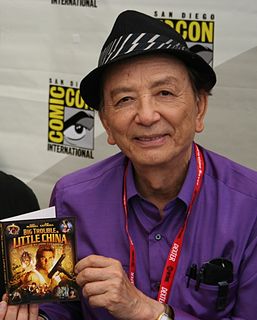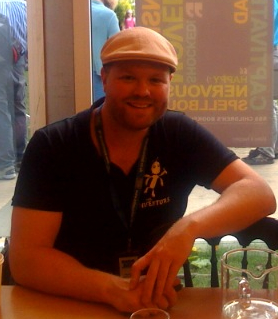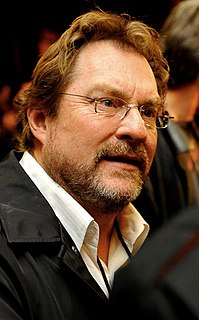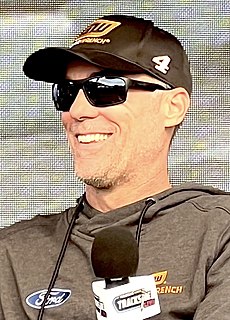A Quote by Tim Matheson
I've played historical characters before, and I think the trap of all of them is if you try to do an impression. If that's what you're working on when you're doing a scene, then your focus is on the wrong thing.
Quote Topics
Related Quotes
Try to forget what objects you have before you - a tree, a house, a field, or whatever. Merely think, 'Here is a little square of blue, here an oblong of pink, here a streak of yellow,' and paint it just as it looks to you, the exact color and shape, until it gives you your own impression of the scene before you.
When you go out to paint, try to forget what objects you have before you - a tree, house, a field....Merely think, here is a little square of blue, here an oblong of pink, here a streak of yellow, and paint it just as it looks to you, the exact color and shape, until it gives your own naive impression of the scene before you.
People have been asking me, "What advice do you have for young writers?" I tell them: a) get off social media; b) don't ask your friends what they think about your work or your ideas. You need to focus and be insane within yourself to build your sandcastle. The mind is so malleable and you need to have a steel trap around it, at least while you're working on something.
When I write, I never think of segments as chapters; I think of them as scenes. I always visualize them in my mind. Then I try to get the scene down on paper as closely as I can. That's the one thing that readers don't see - what you have in your mind. The reader can only see what you get on the page.
It's like you might have some great scene that you love but for some reason - and you can't necessarily put your finger on it - the movie's not working or it seems slow or ponderous in some way, and even though it has your favorite scene in there, actually the favorite scene is the culprit. That's the painful thing about editing, is trying to locate those things that are holding the movie back and then having the guts to cut them. And it is painful to do it.
Gettting to know your characters is so much more important than plotting. Working out every detail of your story in advance, especially when you don't yet know your main characters, always seems a little too much like playing God. You're working out your characters' lives, their destiny, before they've had a chance to discover who they are and what kind of people they want to be.
Researching real people and doing them, I think, is harder than anything else. You don't want to do a caricature of them and you don't want to do an impression. You just want to do the best you can, in terms of presenting their views and a general impression of the guy. That's the hardest thing to do, real people.
I've been a part of this before, where you think the racing gods are against you, then next thing you know, you can't do anything wrong. You're winning races and doing things you feel like you shouldn't have done that particular day. It all comes full circle in this sport. It has a funny way of doing it.



































